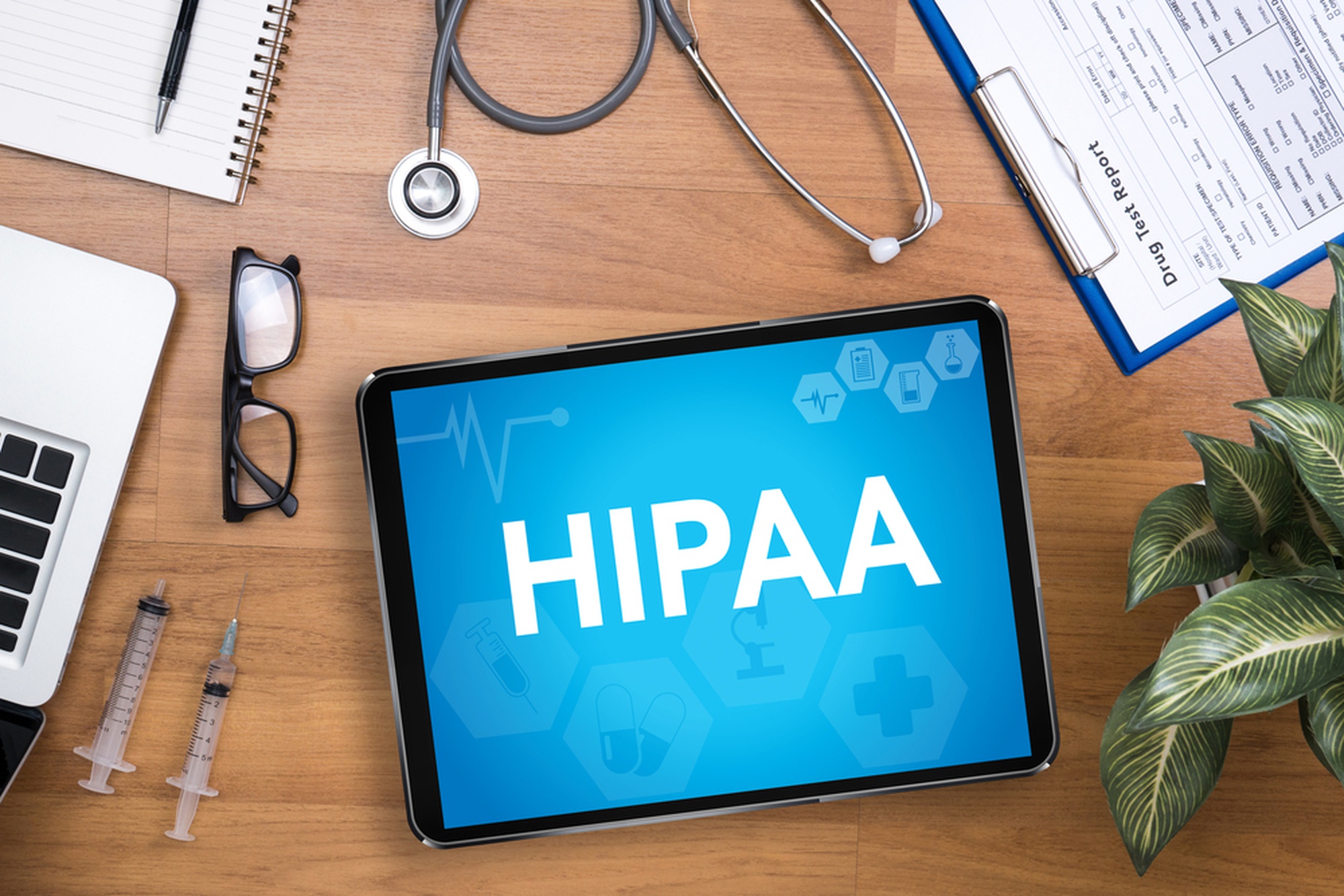HIPAA compliance is vital for healthcare providers. The federal law provides patients more privacy protections and aids to ensure their information is secure. It is imperative to ensure that any new system you use is compliant with HIPAA’s rules. Technology advances in a rapid pace.

HIPAA compliance is difficult particularly for those who are trying to comprehend what HIPAA is and how it impacts them. HIPAA compliance is required for health providers and employees of the insurance sector. It is crucial to study the rules thoroughly and make sure all processes are in place to stay in compliance. Even though it might appear daunting to comply with the law, it’s a fact that compliance is crucial. It will result in better service and data security, and fewer fines. By knowing the scope of HIPAA covers and taking the necessary steps, businesses can be sure that they are taking all the necessary measures in accordance with its rules.
While HIPAA’s regulations are arguably stringent, the focus on security and privacy measures aims to protect one of our most valuable things: information. Since the healthcare industry has increasingly transitioned to digital platforms, like Electronic Medical Records (EMR) enhanced security measures have been required to prevent any unintentional or unlawful disclosure of patients’ private information. While guidelines have been developed to safeguard individuals, they must still be followed and strictly enforced. HIPAA is vigilant about these issues to ensure privacy and safety.
HIPAA offers a substantial security to medical professionals working in areas and to patients whose information is stored. The covered entities (CEs), and business associates, have the option to choose whether an addressable implementation policy is needed. The decision is influenced by various factors such as the risk analysis and mitigation strategy, the current security measures and the costs of implementation. CEs and BAS could take a look at alternatives or opt to avoid implementing the measure entirely if this is possible due to their particular circumstances. HIPAA assists them in making educated decisions regarding data protection and security. This includes establishing an equilibrium between technical and user control over sensitive information.
Many organizations are able to reap the benefits of HIPAA compliance. Organizations can ensure that the confidentiality and security of the personal health information of customers, patients and clients is protected by adhering the rules of the Health Insurance Portability and Accountability Act. Compliance ensures that medical data of individuals isn’t used for their personal benefit or to benefit their health care providers. HIPAA compliance provides individuals with the freedom to make informed choices about what information about their medical records is utilized and managed. They also get to rest assured that the information will not be accessible or altered by other entities without their consent. HIPAA compliance helps reduce the reputational risk of organizations as they avoid penalties should they fail to safeguard patient information. Ultimately, following HIPAA standards can ensure the best possible patient experience, as well as better protection of sensitive medical records.
These are only a few points to be aware of when you think about HIPAA compliance. The best way to ensure that you are compliant is to have an understanding grasp of the law, and speak with an expert who can help you understand it and set up the right systems and procedures in place. The process of achieving full compliance may seem intimidating, but it’s crucial to safeguard the rights of your patients and guaranteeing the privacy of their medical information.
For more information, click hipaa requirements include